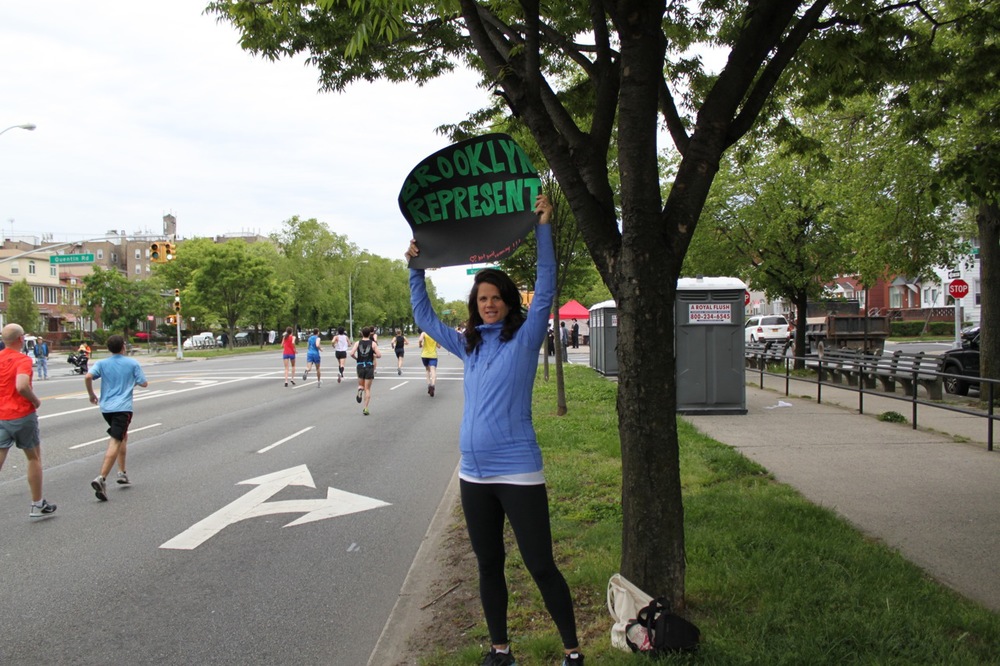With the Portland Marathon this Sunday and many other marathons and half marathons scattered throughout the rest of this month and into November, it's time to get serious about race week prep. Surprise - it's not all about running!
Here are a few tips and strategies for your race week and on race day:
- Sleep. Go to bed a bit earlier this week. Shut off the computer and the TV and give yourself a few extra hours of rest. The two nights before the half marathon is when quality sleep matters the most. You’ll most likely be too amped up the night before the race to sleep well or for very long anyway.
- Rest. If an injury is starting to flare up, take a few extra days off instead of worrying about getting your final runs in. Your primary goal this week is to do everything possible to get your body feeling fresh and ready to run on race day. Your fitness is already established, so any running at this point isn't going to get you in better shape for race day.
- The Expo. Race expos are fun and it’s a great way to check out new gear and products. Take advantage of the bargain prices but never, ever wear anything that you bought at the expo on race day. Stick with what you know! The same goes for the food samples, buy some to try after the race but don’t eat anything new on race day. Also, avoid eating too many of the free samples of sports drink and energy foods – you don’t know how they will react with your stomach.
- The Day Before. Either walk around for 20-30 minutes or jog for 2 miles. Avoid spending hours at the expo. Get home, put your feet up and rest!
- Race Morning. Aim to drink about 16 oz of water the morning of the race (about 2 hours before). This is enough time for the water to pass through your system. Eat your normal pre-long run breakfast about 1 hour before your start time. You might want to wear an extra layer and some gloves or socks for your hands that you can toss at the beginning of the race (tossed clothes are collected and donated). For extra cold mornings, bring hand warmers for your feet and hands - just don't forget to take them out of your shoes before you start running!
- Know Your Race: Familiarize yourself with where the water, refueling and medical aid stations are on the course. This information is usually found under the course description section on the race website.
- Run Your Race. Don’t allow your adrenaline to take over at the start. It’s easy to get caught up in the excitement of the start and run faster than planned. At the start and during the first few miles, ignore everyone around you and focus on your pace and your strategy. Let people pass you – stay on your pace. You’ll be passing those people soon enough! It’s better to start 1 minute too slow than 1 minute too fast. One minute too fast will zap your energy and most likely cause you to hit “the wall” earlier in the race.
- Post Race. Get warm and get food and water immediately after crossing the finish. Take the mylar blanket and grab food. (Bananas, energy bars, sports drinks, fruit, and bagels are all good options). Even if you can’t eat immediately, you’ll need to put something into your system with 30 minutes of finishing. If you're checking a bag, then put some post-race food in this so you don't have to rely on the food provided by the race.
And last, but not least, trust your training. You put in the time and the effort and that is what matters come race day. You can’t control the weather, the crowds, the temperature. You can control how you choose to deal with those factors on race day. Believe in yourself and your hard work and dedication will shine through!
Good luck runners!





